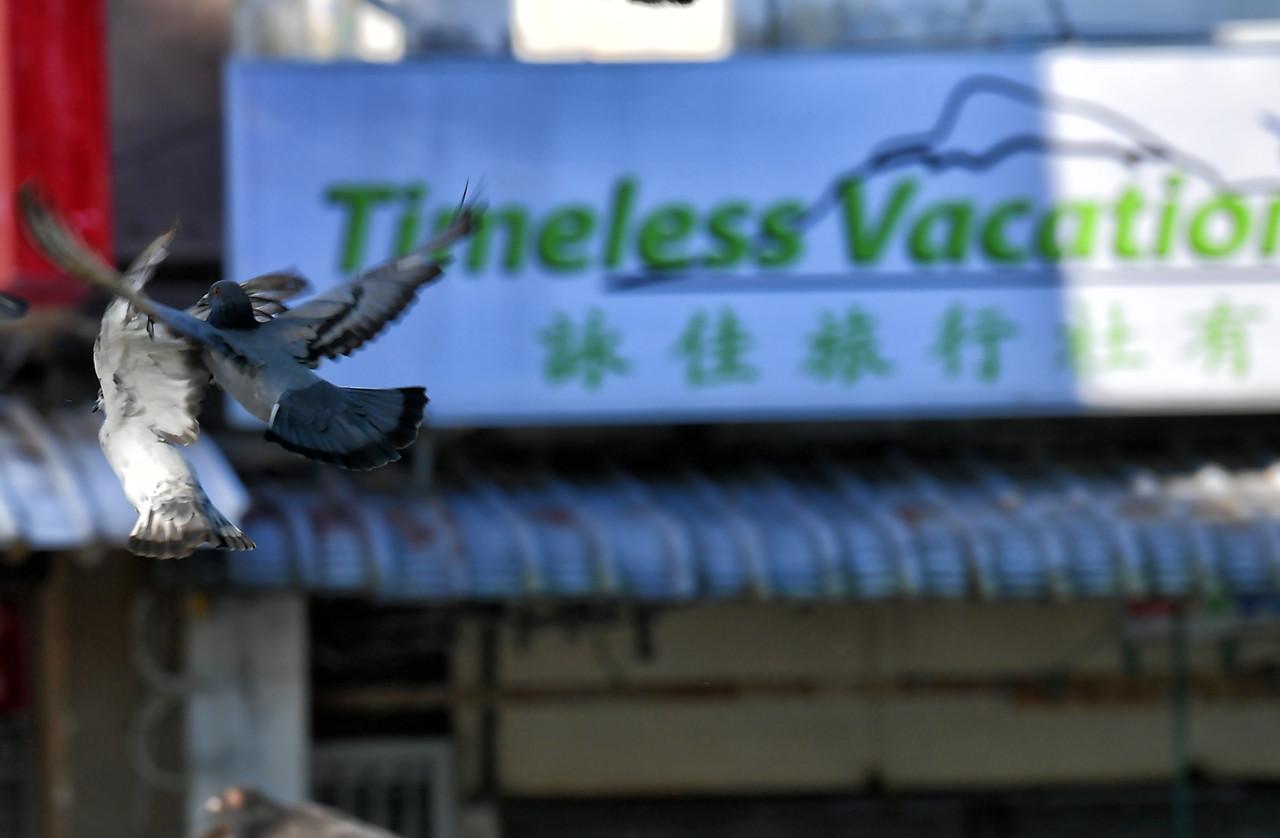Sarawak tourism industry desperate for herd immunity
Industry leaders say this is the primary step towards allowing tourist arrivals to resume.
Just In
Sarawak’s faltering hospitality sector is urging the government to pick up the pace of vaccination as tourist arrivals, the life blood of the industry, remain choked off due to travel restrictions and border closures enforced to keep the spread of Covid-19 at bay.
Industry leaders also questioned the extent to which lockdowns alone would contain virus transmissions even as reports grow of the more transmissible Delta variant sweeping across countries around the globe.
Sharzede Salleh Askor of the Sarawak Tourism Board (STB) said it was crucial to achieve herd immunity to ensure the safety of tourism destinations before operations resume.
“Before we can consider issuing vaccine passports and lifting the 14-day quarantine measures, the very first issue is to achieve herd immunity at a faster rate, especially given the alarming numbers right now,” she said.
“Once it is safe, then we can ease travel restrictions for those who are vaccinated.”
The National Covid-19 Immunisation Programme or PICK, launched in late February, is structured according to phases: Phase One for frontliners; Phase Two for senior citizens, the disabled and those in high-risk groups; and Phase Three for those above 18.
Phase Four, meanwhile, centres on Pikas, a public-private partnership immunisation programme aimed at vaccinating private sector employees.
“The very first issue is to achieve herd immunity at a faster rate, especially given the alarming numbers right now.”
The concern for those in the tourism industry is that waiting for each phase to transition to the next will cost hoteliers time that they do not have.
John Teo of the Malaysian Association of Hotels Sarawak Chapter said hotel operators must also deal with the impact of border closures and ever-changing regulations for travel entry.
“There are so many businesses being closed down, with no income or very minimum income since the start of the pandemic,” he said.
“For star-rated hotels, more than 120 have closed down for good. Only those involved in the government quarantine programme can survive, but just barely with no other income from foreign tourists.”
He questioned the fate of smaller outfits such as motels, inns and homestays which he said had “no chance”.
“Tourism-related businesses like travel agencies, bus and taxi drivers, Grab drivers, people manning all places of interests, shopping malls doing tourist businesses, shopkeepers, coffee houses, eateries, bars, bistros, karaoke joints, night clubs and so many others – they cannot survive after months of no foreign tourists entering the country,” he said.
Even if they still clung to life, he said, they would have to continue forking out money for costs such as utilities bills and employees’ salaries. Given these circumstances, he added, some small hoteliers preferred to close down.
Speaking to MalaysiaNow, he agreed that containing the spread of the virus was necessary for public safety.
However, he said many of those struggling to make ends meet would rather face the pandemic than grapple with sustaining a livelihood.
“We understand that the government is trying its best to keep this virus down,” he said. “There is no choice but to apply stricter measures in the hope of slowing down the infection rate.
“But they need to consider the requests from groups other than the healthcare side. They need to listen to these business operators and find ways to assist. These business operators are crying for assistance from the government, hoping that business can resume with strict SOPs in place.”
Sharzede said STB too had felt the pinch from the pandemic, citing Sarawak’s decision to call off the annual Rainforest World Music Festival (RWMF) for the second year in a row.
The RWMF usually sees an influx of more than 25,000 festival-goers who flock to Sarawak for the three-day event. In 2019 alone, 23,650 came, 60% of whom were Malaysians. The economic spinoff helped Sarawak generate RM46 million with profit revenue valued at RM7.9 million.
Sharzede said the Sarawak Borneo Jazz Festival (BJF), too, had brought in some RM7 million in economic spinoffs and media mileage of RM6 million.
“Even though we have rolled out the 2020 playlists of the RWMF and BJF, the revenue that should have been gained from both events was significantly lower,” she said.
She said while bigger players like STB might be able to survive, without help, small travel and tour companies could fall through the cracks in the fight against Covid-19.
And regardless of size, when it comes to generating revenue, all organisations must eventually rely on visitor arrivals, which will remain in short supply as long as pandemic measures are needed.
Subscribe to our newsletter
To be updated with all the latest news and analyses daily.
